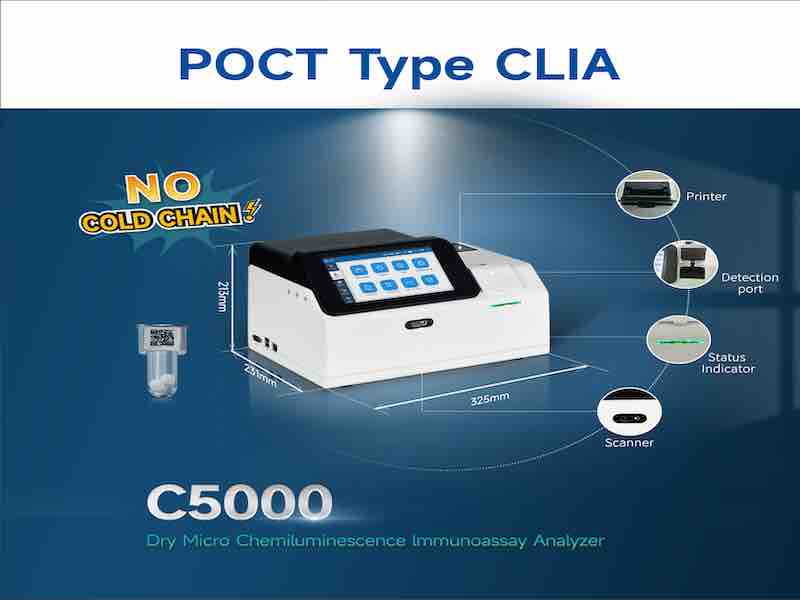 World Heart Day | Poclight Protect your cardiovascular health
World Heart Day | Poclight Protect your cardiovascular health
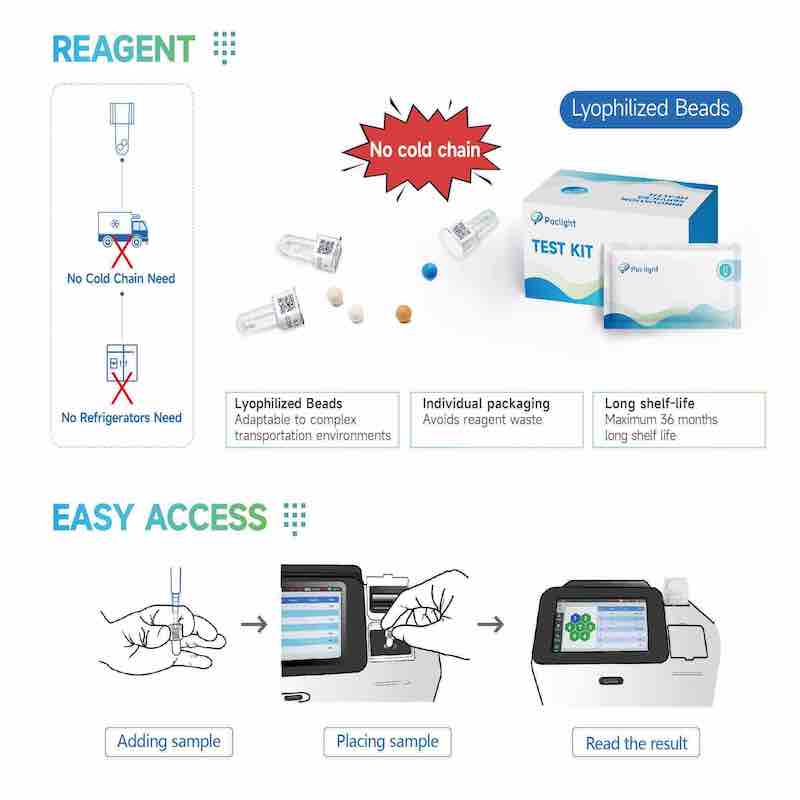 Application of heparin-binding protein detection in respiratory infectious diseases
Application of heparin-binding protein detection in respiratory infectious diseases
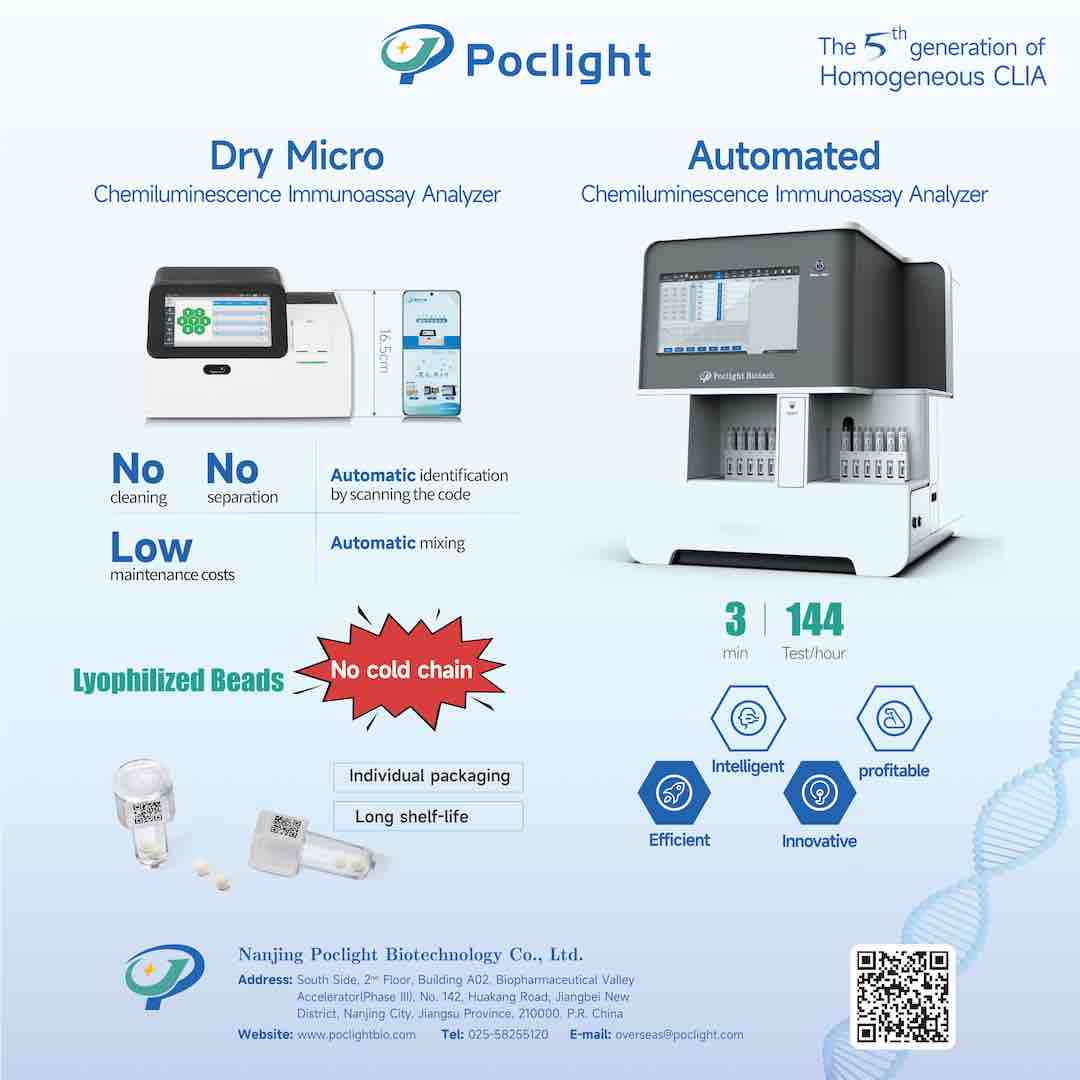 Key Factors for the Stability of In Vitro Diagnostic Reagents: 3 Major Problems and Solutions
Key Factors for the Stability of In Vitro Diagnostic Reagents: 3 Major Problems and Solutions
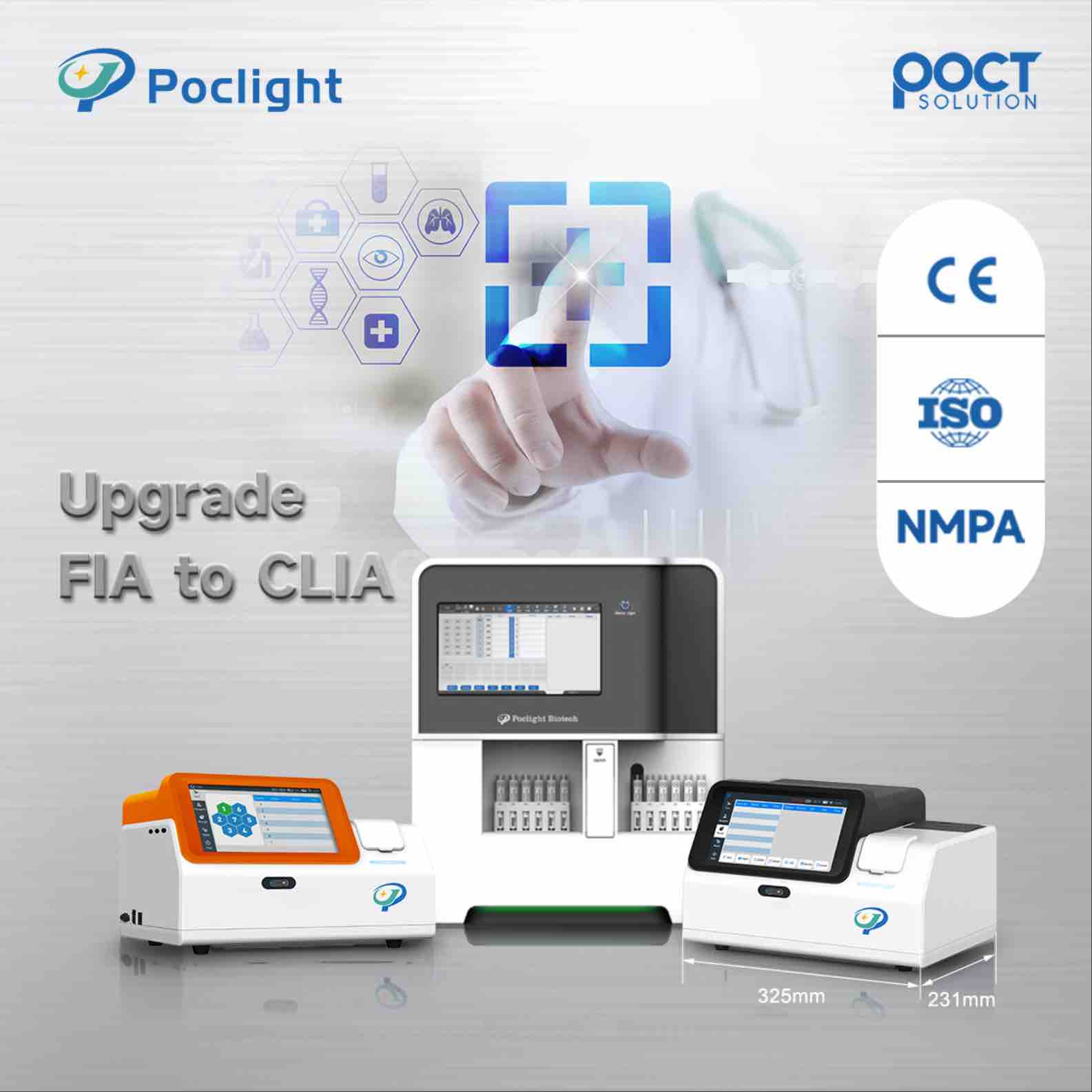 The chemiluminescent agent used for luminescence is very different!
The chemiluminescent agent used for luminescence is very different!
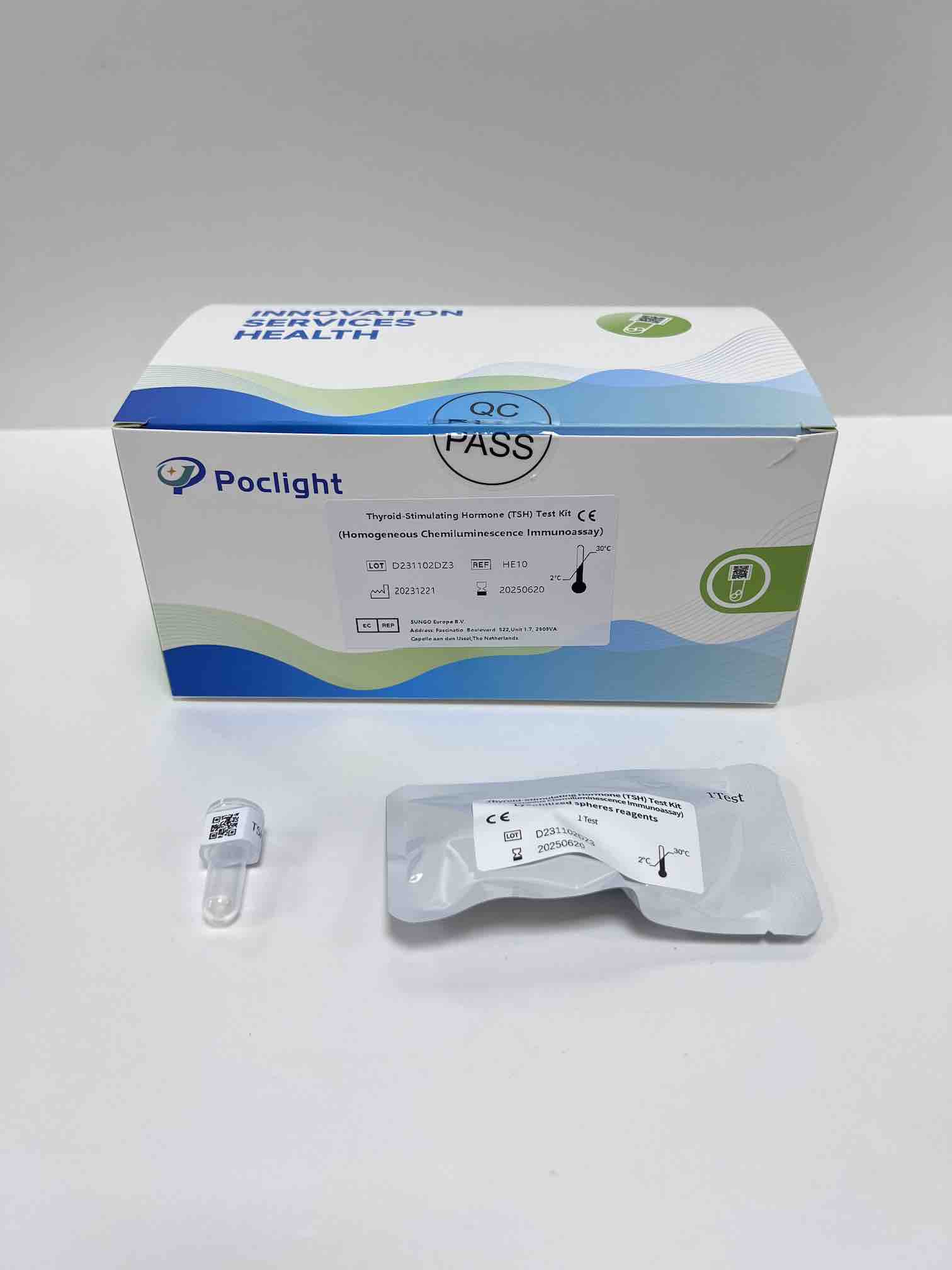 Clinical application of procalcitonin (PCT) in the emergency department
Clinical application of procalcitonin (PCT) in the emergency department
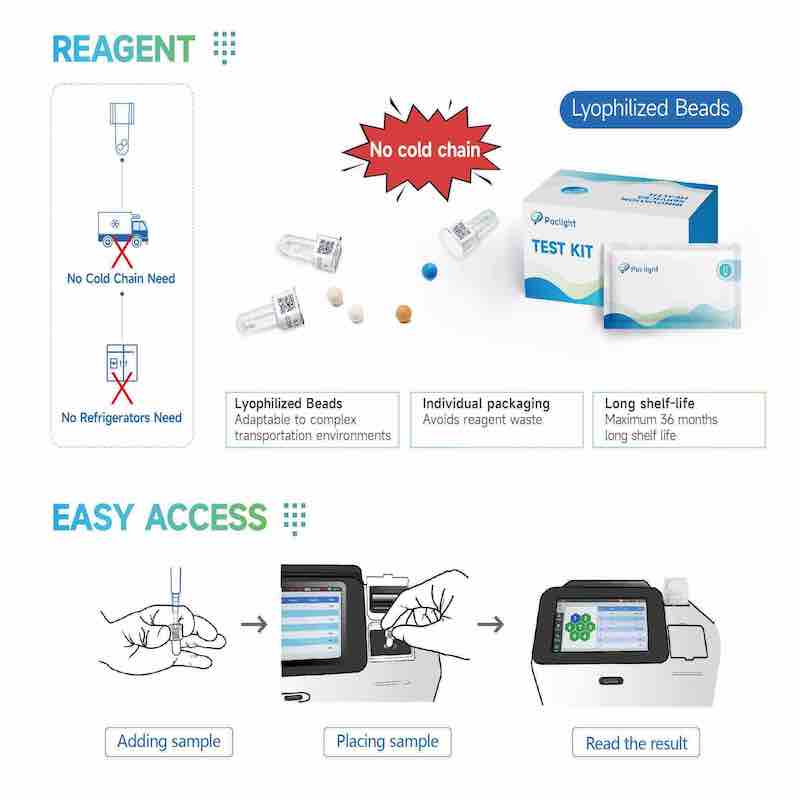 Seminar —— Integrated management of cardiovascular disease
Seminar —— Integrated management of cardiovascular disease












